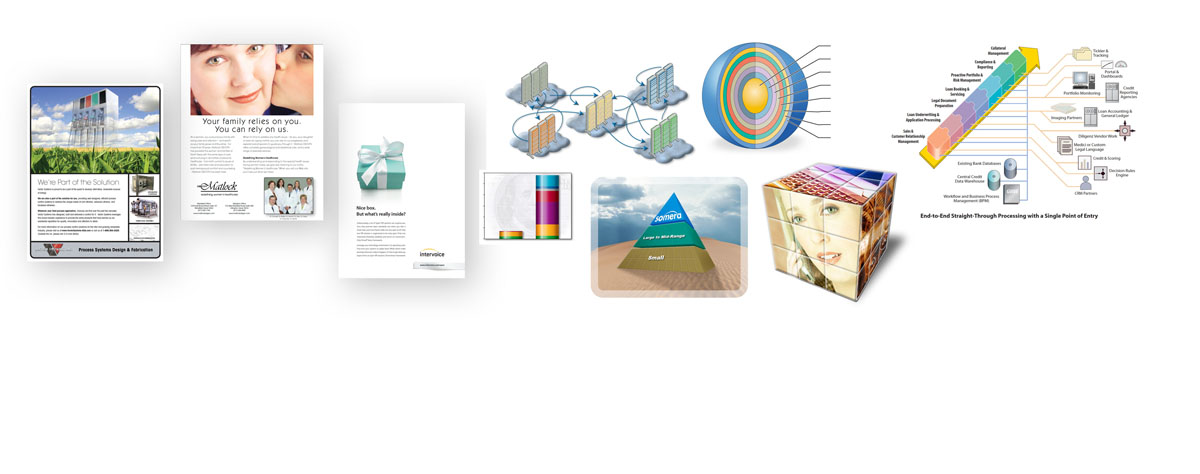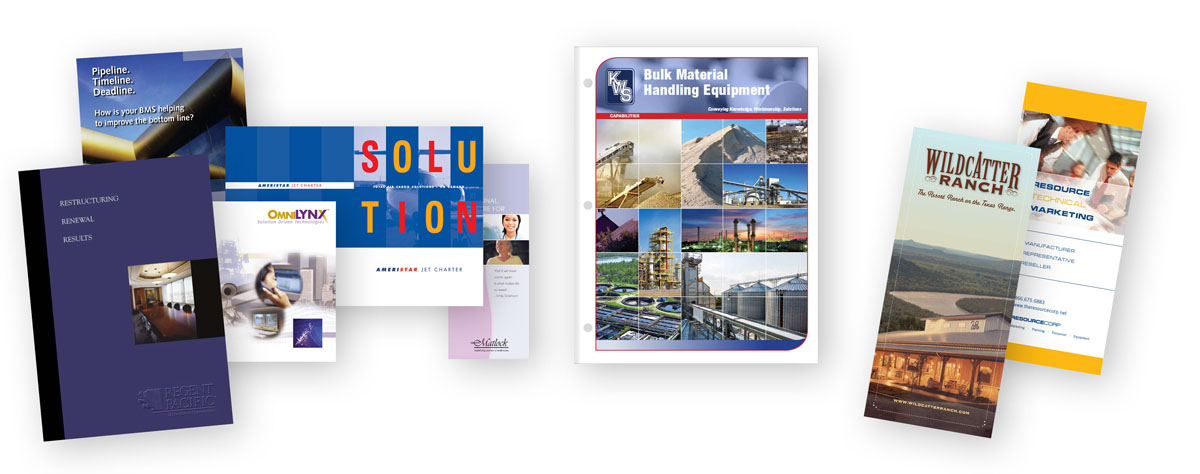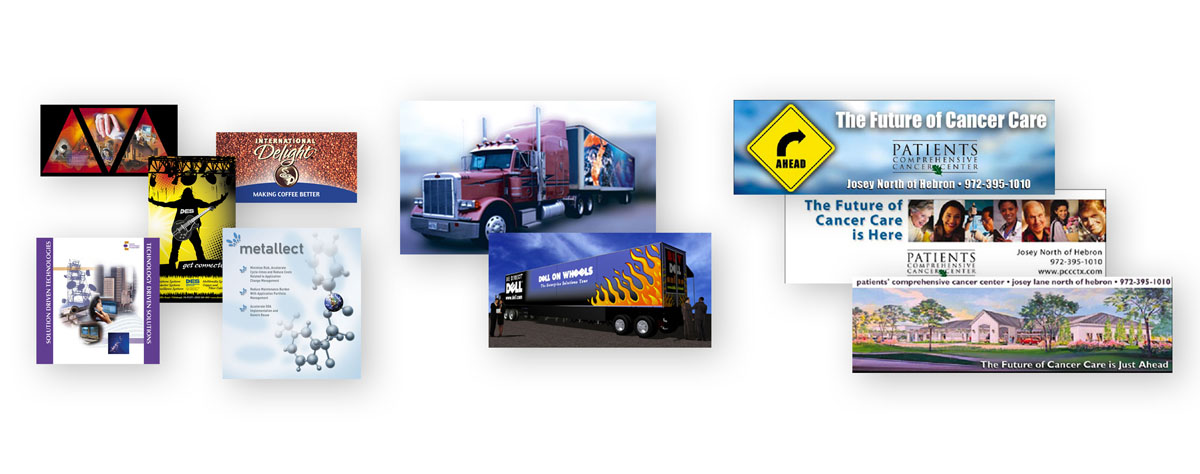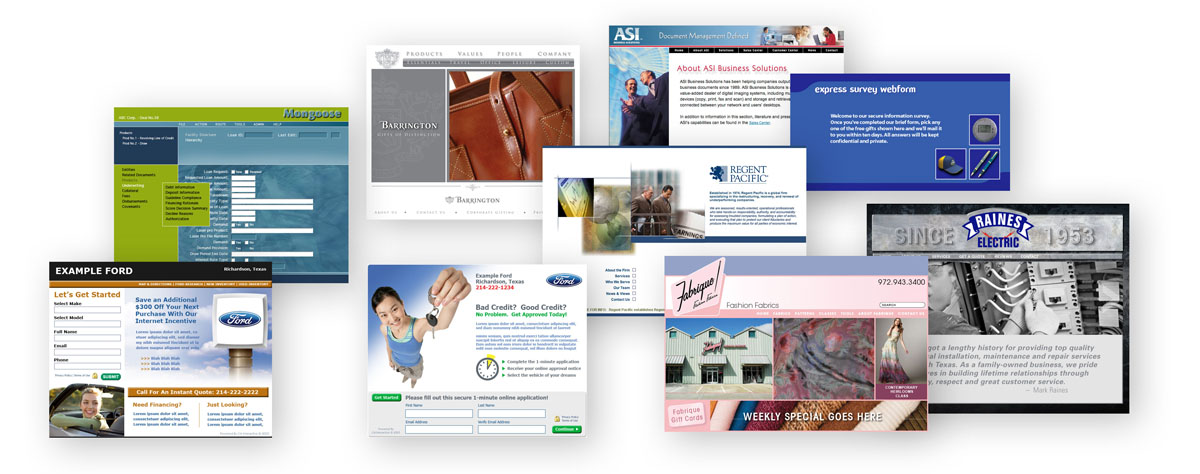Tiny Blunders / Big Disasters

Tiny Blunders / Big Disasters
A few months back, my friend Peter, accompanied me to an initial meeting with a new client. The meeting was at the client’s office on Commerce Street in downtown Dallas and being familiar with the parking challenges in that area, we agreed to leave Peter’s house a little early. Neither of us wanted to be late for that meeting.
In front of Peter’s North Dallas home, I punched the client’s address into Google Maps. You have to love how they predict what address you’re looking for before you’ve even entered a small percentage of the information. I handed Peter the phone and he agreed to act as navigator, a good choice since he’s spent years working for the Boy Scouts of America (or whatever they’re called these days), an organization dedicated to helping youth navigate their way through any terrain.
We were off, enjoying a leisurely drive on a summer afternoon. Since we hadn’t seen much of each other over the past several years, we caught up on personal and family news, even making note of details that would satisfy our wives’ demanding curiosity later that evening.
Traffic was heavy but not “creeping” like Dallas traffic tends to be every hour of every day. We made it all the way to Commerce Street without ever encroaching on the three-foot minimum clearance required when changing lanes in order to avoid car horn symphonies and hand gesture dramas. I even noticed that Peter wasn’t white knuckling the console and door handle as some of my passengers occasionally do.
After a number of “turn left at the next light” and “it should be just ahead” communications, we came to our anticipated address, only to be confronted with an half-empty parking lot instead of the expected bustling office tower. This was not good. I hate being late and I hate being lost even more!
In a panic, I pulled up the client’s email on my phone, verified the address, and re-accessed Google Maps. In its haste to beat me to the answer, Google had inserted a tiny “E.” before Commerce Street where a tiny “W.” should have been. And in my amazement at their capabilities, I had overlooked the error.
We were immediately off on a less-then-leisurely drive to an address across the river, and ten traffic-laden miles away. Yes, there were horn symphonies, a multitude of vile gestures (on everyone’s part), and white knuckles galore, but we made it only five minutes late and fatality-free.
Brain Farts
Actually, driving wasn’t what I wanted to write about. One of the most interesting phenomena in life is the cognitive dissonance which occurs when we pull up to what we were certain would be an office building and encounter an empty parking lot instead. It’s as if our brains were whizzing through a plan, following a neural network much like a Google Map, only to encounter an unexpected neural dead-end street. Panic sets in.
Unless you have dementia, or perhaps a serious case of schizophrenia, that’s not a common occurrence. Or is it? It happens to every one of us more often than we care to admit, and the event is disturbing because it challenges our personal sense of omnipotence. That dissonance happens because what we confidently expected, based on our imagination, intrinsic biases, or bad information, simply didn’t match reality.
Missing the mark of reality (i.e. Absolute Truth) is painful and we do everything possible to avoid thinking about it, especially in the critical questions like our worldviews. We tend to ignore the problem and treat the symptoms by surrounding ourselves with people who see things the same way we do.
For many years in Western Culture, places of worship like synagogues, churches, and mosques held the reins of groupthink, creating an image of a God that adhered to each group’s narrow set of norms — “People outside our group are horrible sinners while we are God’s slightly misbehaving children”. Today, organized religion has ceded its grip on Western Culture.
Politics has become the new herd master and social media has become its enforcer, not unlike certain Klans and Societies that enforced the wishes of dominant political cadres a century ago. The targets differ and the methodology has evolved but the goal remains the same — “silence any and all dissent which threatens our confidence because we are the authors of truth”.
So, how do we get back to a place of honoring truth as something to be sought rather than defined? How do we re-learn the ability to think critically about our own intrinsic biases and grow past the emotionalism that seeks to tip the scales of reality in our favor. The answer is NOT inside you or me; we have to learn it somewhere else. Or perhaps we just settle for that empty parking lot which groupthink provides? See you on the highway.
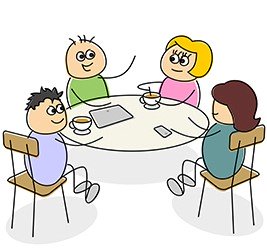 Let’s talk. I’d really like to hear what you have to say, and it might even give me something to write about. Email me at guy@lawsoncomm.com.
Let’s talk. I’d really like to hear what you have to say, and it might even give me something to write about. Email me at guy@lawsoncomm.com.
I’ll buy you coffee and we can compare notes. I promise not to steal your ideas without permission.
![]()
If you look for truth, you may find comfort in the end; if you look for comfort you will not get either comfort or truth, only soft soap and wishful thinking to begin, and in the end, despair.
— C. S. Lewis

Did someone forward this newsletter to you after reading it themselves? Don’t settle for that!
CLICK HERE
to get a fresh, unused copy of this newsletter sent directly to you every Sunday morning. If you decide it stinks, you can always unsubscribe.
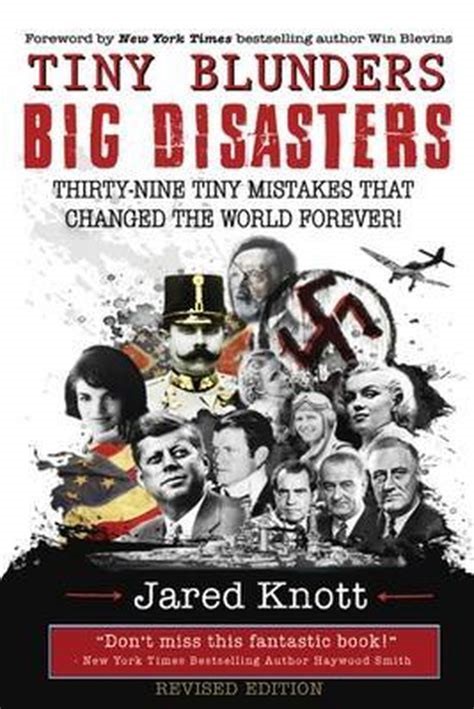
Tiny Blunders / Big Disasters
— Jared Knott
If you’re looking for some easy reading to burn an afternoon, this is the book for you. There’s nothing here that’s Earth shaking but every word of this book is shear entertainment. It’s like slowing down on the highway to get a better view of the fatal accident in the other lane, although the vehicle in this fatality is history. It’s messy and it’s strangely fun.
A meeting of great minds who think alike






